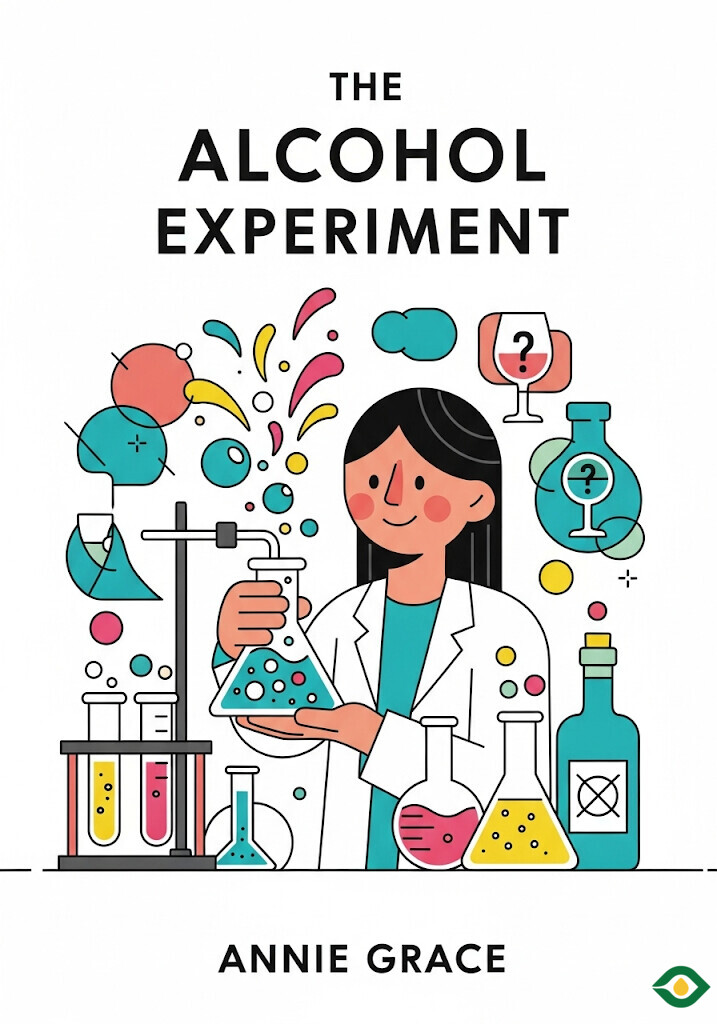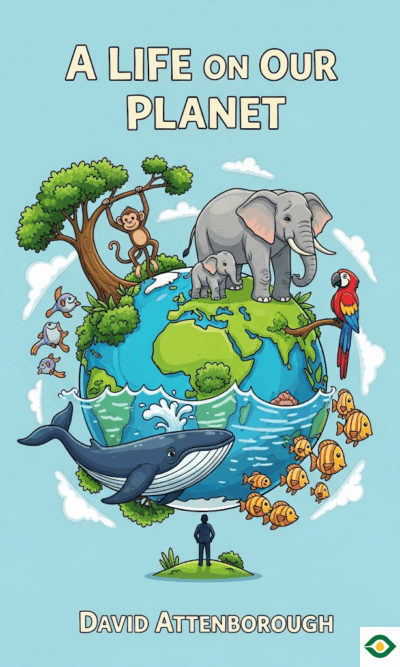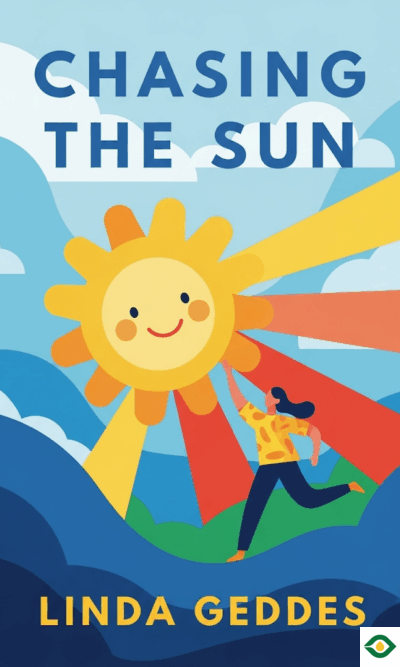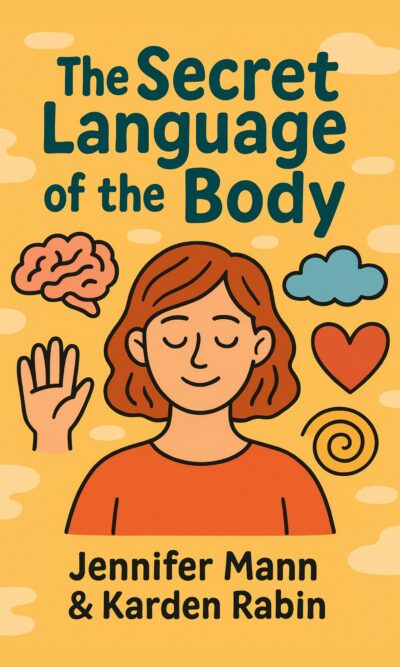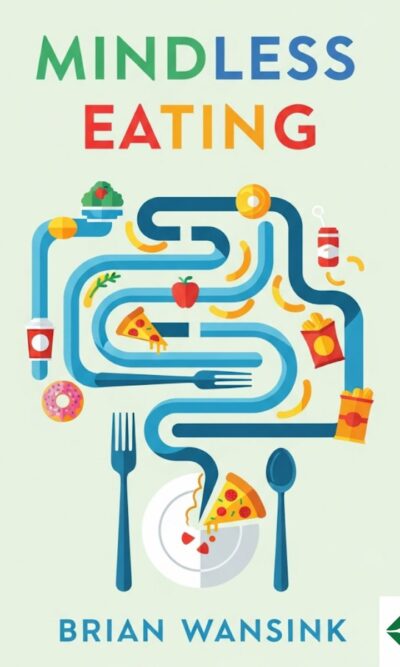Description
Alcohol is everywhere in modern life. We drink when we are happy, sad, bored, or stressed. It has become linked to celebrations, relaxation, and even friendship. But the truth is that alcohol often does the opposite of what we expect. It slows us down, poisons our body, and leaves us with regret. The good news is that we can change the way we think about alcohol. By questioning old beliefs and reprogramming our mind, we can rediscover joy and connection without a drink in hand.
One of the biggest reasons alcohol feels hard to give up is because of something called mental conflict. Consciously, many people know they would be healthier and happier without drinking. They are tired of hangovers, extra weight, and wasted money. But unconsciously, their brain pushes them toward the bottle. This is because years of habits and social signals have told the brain that alcohol equals comfort and pleasure. Movies show heroes relaxing with a drink, parents open a beer after a long day, and society teaches us that drinking is normal. When our conscious desire to quit clashes with unconscious memories, it creates tension. This tension makes quitting very hard.
Most people try to rely on willpower. They tell themselves they will never drink again. But willpower is like a battery—it runs out. If you spend your willpower getting through stress at work, there may not be enough left to resist a drink in the evening. The solution is not endless willpower, but instead changing the way we think about alcohol. When our beliefs shift, we no longer need to fight ourselves.
Many people believe they drink because alcohol tastes good. But this is often not true. Think about your very first sip of beer or wine. Did you truly enjoy it? For most, the answer is no. The taste was bitter or burning. Our body naturally dislikes harmful substances. Just as spoiled food makes us gag, alcohol naturally tastes unpleasant at first. Over time, the brain learns to tolerate it, and we convince ourselves that we “like the taste.” But in reality, what we often enjoy are the sugar, cream, or bubbles that mask the alcohol—not the alcohol itself.
If it isn’t really about taste, then why do we drink? A big reason is the brain’s chemical reaction. That first glass of wine or beer releases dopamine, a brain chemical that makes us feel pleasure and excitement. We feel more relaxed, happy, and social. But the brain also quickly produces chemicals that counteract this pleasure, trying to keep balance. These chemicals bring us down, leaving us slightly worse than before. So we crave another drink to get back to the earlier high. This cycle of up and down is why alcohol can feel addictive. The pleasure is short, but the harm lingers.
One of the strongest beliefs people hold is that alcohol helps them relax. After a long day, a drink seems like the perfect solution. But this is an illusion. Alcohol does not truly remove stress. It simply numbs it. The real problems—work pressure, family conflict, money worries—remain. When the numbness wears off, the problems return, often feeling heavier. On top of that, alcohol creates new stress. Hangovers, memory lapses, weight gain, and fights with loved ones all add to our burden.
Scientifically, alcohol raises stress hormones like cortisol and adrenaline. These remain in the body long after the drinking stops. For regular drinkers, this means their stress level is constantly elevated. What feels like relaxation in the moment is actually the body being thrown further out of balance. True peace comes from solving problems, not from drowning them.
Another myth is that alcohol helps us connect with others. In reality, it often does the opposite. When drunk, conversations lose depth. People laugh, but they are not fully present. Their thoughts are slower, their attention weaker. Real human connection comes from being clear-minded, engaged, and open. Many people discover that their best talks and strongest bonds come when alcohol is absent. Laughter, honesty, and shared experiences are far more fulfilling when not clouded by intoxication.
Of course, giving up alcohol can be socially awkward. Friends may pressure you to drink, worrying you won’t be fun without it. Sometimes, their reaction comes from fear—they may feel uncomfortable about their own habits. The best way to handle this is to stay lighthearted. You don’t need to preach or argue. You can simply say you’re taking a break or challenge yourself to 30 days without drinking. Over time, true friends will adjust, and your relationships may even grow stronger.
Quitting alcohol does not mean perfection. Many people start by trying one month without it. That feels achievable because it is not forever. If they slip and have a drink, it doesn’t erase all progress. Even reducing alcohol intake is a win. Cutting back for a month lowers your yearly drinking by a significant percentage. Every step forward is worth celebrating. Success is not measured by never making a mistake, but by slowly building a new lifestyle where alcohol no longer controls you.
One useful tool is setting non-negotiables. These are personal lines you refuse to cross. For example, someone might say: “If I ever black out and forget part of the night, I will take a long break from drinking.” These boundaries help you hold yourself accountable without falling into shame.
Ultimately, the path to freedom is about reshaping beliefs. When you realize alcohol does not taste good, does not truly relax you, and does not create real connection, the desire to drink weakens. When you understand that the “pleasure” is just a short chemical trick, it loses its power. And when you experience genuine joy, peace, and connection without alcohol, you see that you never really needed it.
An alcohol-free life is not just about avoiding harm. It opens the door to new energy, clearer thinking, better health, and deeper relationships. Imagine waking up every morning with a clear head, free from regret. Imagine feeling less anxious, more focused, and more alive. This is not about giving something up—it is about gaining back the life that alcohol has taken away.
The journey starts small. Try 30 days without alcohol. Take a photo of yourself and note your weight before starting. After a month, you may notice your body changing, your skin glowing, your sleep improving, and your mind feeling sharper. That single month can open the door to a lifetime of freedom.
In the end, alcohol is not the friend we think it is. It is a thief, stealing energy, money, health, and time. But you have the power to take back control. By reprogramming your beliefs and choosing differently, you can discover a life that is brighter, calmer, and far more fulfilling—one where joy comes naturally, without a drink in hand.

